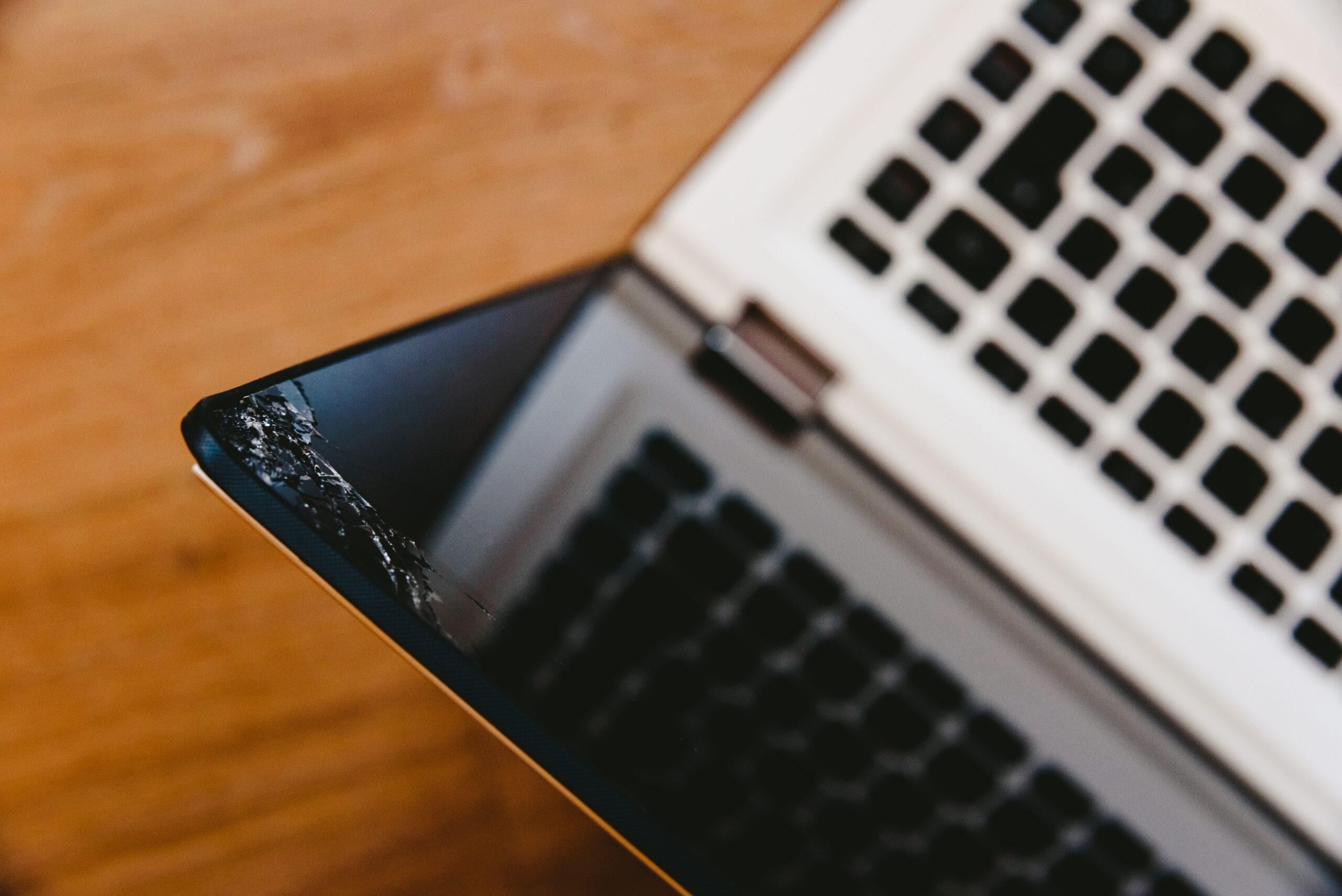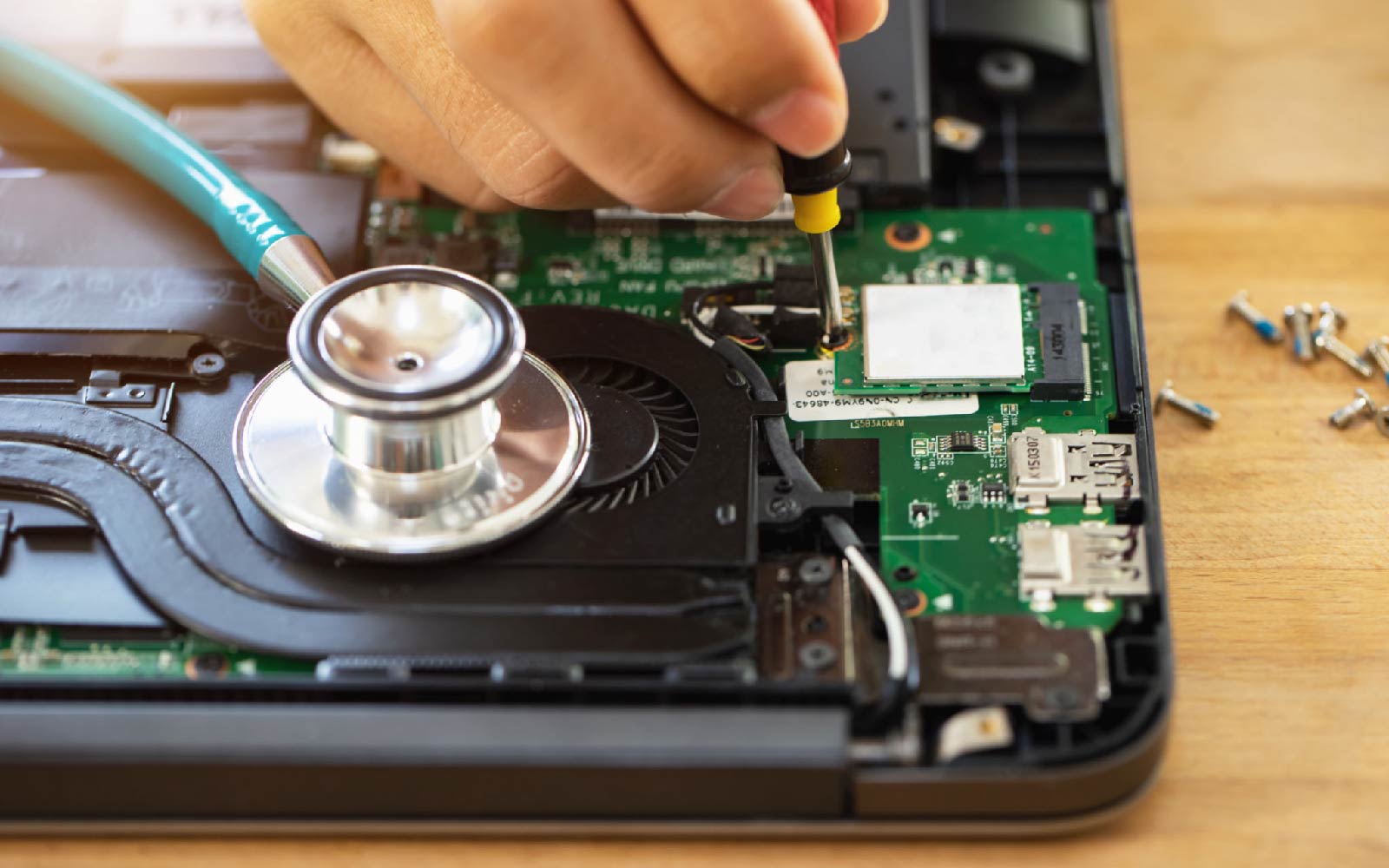
Laptop crash is a common problem that can have multiple causes. These can include hardware issues such as malfunctioning memory or a struggling processor, software issues such as an outdated operating system or a virus, or a combination of both.
It’s important to determine the cause to resolve the issues. Let’s learn more about laptop crashes.
Blocked Ventilation or a Faulty Fan
Laptop crashes can occur due to overheating caused by blocked ventilation or a faulty fan. When the fan is not functioning properly, it cannot dissipate heat effectively, causing components to become too hot and crash.
To prevent this:
- Ensure that the fan is working properly
- Make sure ventilation is not blocked
- The laptop is placed on a flat, stable surface for proper air circulation and cooling.
Outdated or Corrupt Drivers
Outdated or corrupted drivers can lead to frequent crashes and poor performance on laptops. These drivers, which facilitate communication between the laptop and hardware/software, may need to be updated or updated due to software updates or new hardware.
It’s important to keep an eye on the laptop’s manufacturer’s website for regular driver updates and ensure that new hardware is installed with the correct drivers.
Hard Drive, Memory, Graphics Card, Or Power Supply
Laptops can crash if their components, such as hard drive, memory, graphics card and power supply, become corrupted or damaged.
- Hard drive issues can occur due to physical trauma like dropping or bumping.
- Memory issues can arise from overheating or faulty RAM chips.
- Graphics card errors can happen due to dust or dirt exposure.
- Power supply issues can occur if the adapter is faulty or overloaded.
To prevent such crashes, handle these components carefully and replace or update them when necessary.
Malware And Viruses
Malware and viruses can frequently cause laptop crashes by corrupting data, erasing files, slowing down the system, and ultimately causing crashes. If you experience frequent crashes:
- Check for malware or virus infections
- Invest in reliable antivirus software
- Regularly scan your system for any malicious activity
Sudden Power Surges
Sudden power surges can cause crashes, data loss, and hardware damage in laptops. A surge protector can help absorb extra electricity that can harm the device. Another thing you can do is unplug the laptop when not in use, which eliminates the risk of a power surge.
It’s also important to check the power cord periodically for any signs of damage, as a faulty cord can also lead to power surges.




